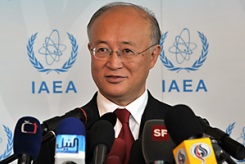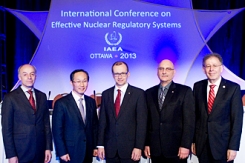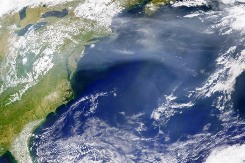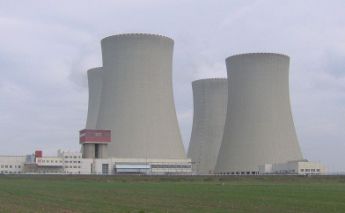By Richard Johnson | IDN-InDepth NewsReport
MOSCOW (IDN) – Forgotten is the shock and despair triggered by the Fukushima power plant disaster about two years ago. Nuclear power is here to stay. In fact, according to a consensus emerging from an international conference, “for many countries nuclear power is a proven, clean, safe, and economical technology that will play an increasingly important role in achieving energy security and sustainable development goals in the 21st century”.








